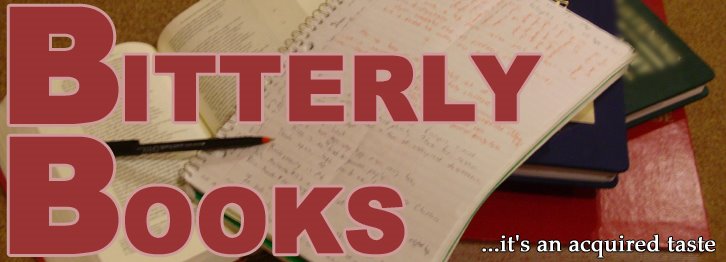The Pesticide Conspiracy: An alarming look at pest control and the people who keep us "hooked" on deadly chemicals
This book was written by: Robert Van Den Bosch, deceased, former professor of entomology at University of California, Berkeley, and "a man who is frankly angry"(p.viii).
What is in this book: Professor Van Den Bosch's criticism of agricultural practices where "the heavy use of pesticides has created an entomological nightmare, bringing in its wake economic ruin, human illness and death, and gross environmental pollution"(p.37), but some formidable opponents are arrayed against him. While trying to investigate pesticide usage among growers, for example:
"Heavy Watergate games were being played to frustrate our little investigation of cosmetic produce. We were obviously on the track of something very rotten. Of course, we knew this from what had already turned up in our investigation, but it was a shock to learn how dirty the game can get when powerful people have something to hide."(p.106)These unnamed but powerful people have conspired to call the kettle black, dismissing Professor Van Den Bosch's criticism as "a conspiracy against scientific agriculture and agri-business by a coalition of hippies, eco-freaks, organic-food fanatics, and enemies of free enterprise."(p.28)
 What is not in this book: An obsession with hygiene. We are "very fussy about buggy bits that might get into canned, frozen, or bottled produce"(p.99). As a result, "a tremendous pesticide load goes into the environment to assure that we get our pretty produce or to minimize the off chance of an aphid knee or thrips toe surfacing in somebody's broccoli amandine or bloody mary"(p.101), but it's not like extra knees or toes ever hurt anybody. You heard me, Upton Sinclair: Go fuck yourself.
What is not in this book: An obsession with hygiene. We are "very fussy about buggy bits that might get into canned, frozen, or bottled produce"(p.99). As a result, "a tremendous pesticide load goes into the environment to assure that we get our pretty produce or to minimize the off chance of an aphid knee or thrips toe surfacing in somebody's broccoli amandine or bloody mary"(p.101), but it's not like extra knees or toes ever hurt anybody. You heard me, Upton Sinclair: Go fuck yourself. Would you recommend this book to either Buddhists or Catholics? Yes. I think both groups would approve of its pro-life message. Although to most growers, "the sight or even thought of a boll weevil, lygus bug, spider mite, or pink bollworm triggers an automatic reaction: kill it before it grubs a nickel out of your pocket or a crumb from your mouth, or before it milks the treasury of a single peso!"(p.38), Professor Van Den Bosch recommends a policy of integrated control. It is an agricultural equivalent to the rhythm method that is more tolerant of unwanted larvae.
Would you recommend this book to Pepé Le Pew? No, I would recommend that he make friends with a tussock moth willing to be his wingman. This recommendation is based on Professor Van Den Bosch's assertion that for chemical companies, "the tussock moth provided a golden opportunity to pull the DDT skunk out of the EPA garbage can"(p.83). Whatever that means, it sounds like it would be right up Pepé's alley.
What was interesting about this book? Professor Van Den Bosch's recommendation to reform the business of pest control. "It is abundantly clear to me that the elimination of the pesticide salesman from pest-control advisement is absolutely necessary if we are to develop a better pest-control system. [....] In fact, the medical profession, which recognized this problem quite early in its evolution, does not allow the pharmaceutical industry to dominate diagnosis and prescription"(p.180). Thanks to the medical profession's constant vigilance, commercial concerns have been removed completely from the industry, with doctors focusing on the diagnosis and treatement of serious medical ailments like restless leg syndrome—and the ecosystem has never been safer.
The Pesticide Conspiracy: An alarming look at pest control and the people who keep us "hooked" on deadly chemicals by Robert Van Den Bosch (Doubleday & Company, 1978, ISBN: 0-385-13384-7)











